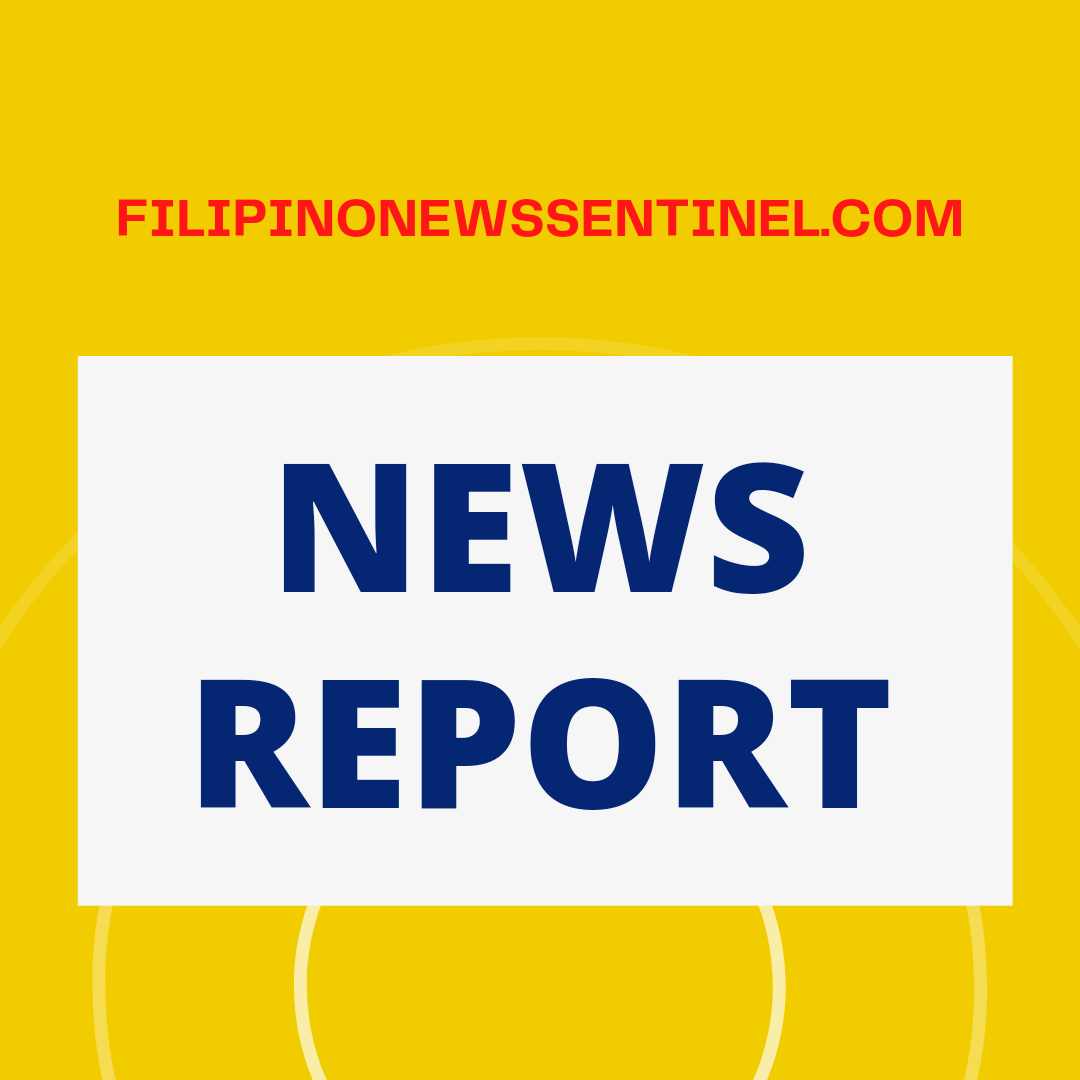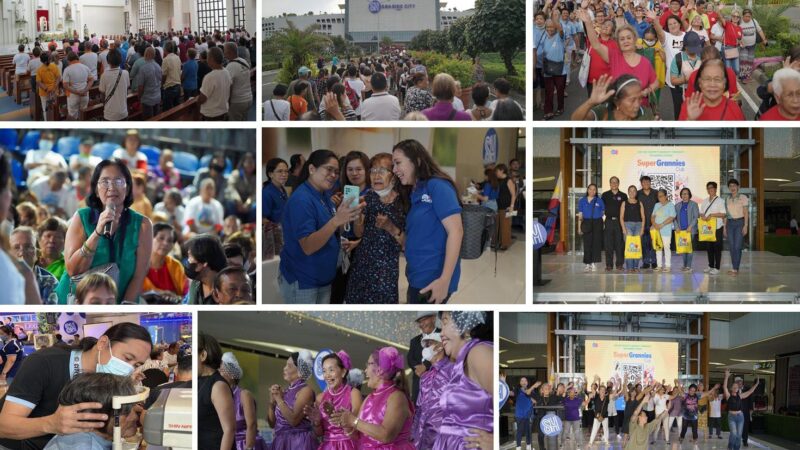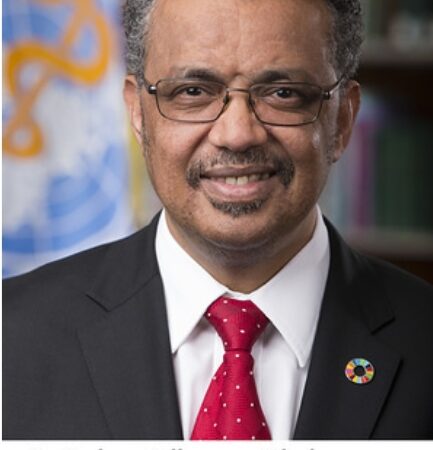Global leaders unite in urgent call for international pandemic treaty
25 heads of government and international agencies come together in extraordinary joint call
New treaty would signal high-level political action needed to protect the world from future health crises.
(Geneva) – 30 March 2021: The international community should work together “towards a new international treaty for pandemic preparedness and response” to build a more robust global health architecture that will protect future generations, world leaders said in a commentary published today in several newspapers around the world.
“There will be other pandemics and other major health emergencies. No single government or multilateral agency can address this threat alone,” the leaders say in their article. “The question is not if, but when. Together, we must be better prepared to predict, prevent, detect, assess and effectively respond to pandemics in a highly coordinated fashion. The COVID-19 pandemic has been a stark and painful reminder that nobody is safe until everyone is safe.”
The main goal of a new international treaty for pandemic preparedness and response would be to foster a comprehensive, multi-sectoral approach to strengthen national, regional and global capacities and resilience to future pandemics. This is an opportunity for the world to come together as a global community for peaceful cooperation that extends beyond this crisis.
According to the article, the treaty “would be rooted in the constitution of the World Health Organization, drawing in other relevant organizations key to this endeavour, in support of the principle of health for all. Existing global health instruments, especially the International Health Regulations, would underpin such a treaty, ensuring a firm and tested foundation on which we can build and improve.”
The commentary has been signed by J. V. Bainimarama, Prime Minister of Fiji; Prayut Chan-o-cha, Prime Minister of Thailand; António Luís Santos da Costa, Prime Minister of Portugal; Mario Draghi, Prime Minister of Italy; Klaus Iohannis, President of Romania; Boris Johnson, Prime Minister of the United Kingdom; Paul Kagame, President of Rwanda; Uhuru Kenyatta, President of Kenya; Emmanuel Macron, President of France; Angela Merkel, Chancellor of Germany; Charles Michel, President of the European Council; Kyriakos Mitsotakis, Prime Minister of Greece; Moon Jae-in, President of the Republic of Korea; Sebastián Piñera, President of Chile; Carlos Alvarado Quesada, President of Costa Rica; Edi Rama, Prime Minister of Albania; Cyril Ramaphosa, President of South Africa; Keith Rowley, Prime Minister of Trinidad and Tobago; Mark Rutte, Prime Minister of the Netherlands; Kais Saied, President of Tunisia; Macky Sall, President of Senegal; Pedro Sánchez, Prime Minister of Spain; Erna Solberg, Prime Miniser of Norway; Aleksandar Vučić, President of Serbia; Joko Widodo, President of Indonesia; Volodymyr Zelensky, President of Ukraine; Dr Tedros Adhanom Ghebreyesus, Director-General of the World Health Organization.




